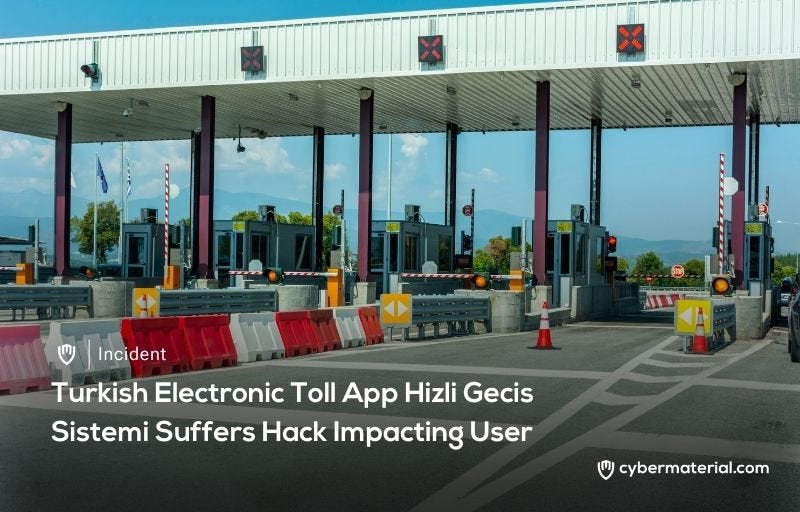
On December 10, 2024, a significant cyberattack targeted Turkey’s widely used electronic toll collection system, HGS (Hizli Gecis Sistemi). The attack, which compromised the app’s messaging service, …

On December 10, 2024, a significant cyberattack targeted Turkey’s widely used electronic toll collection system, HGS (Hizli Gecis Sistemi). The attack, which compromised the app’s messaging service, …